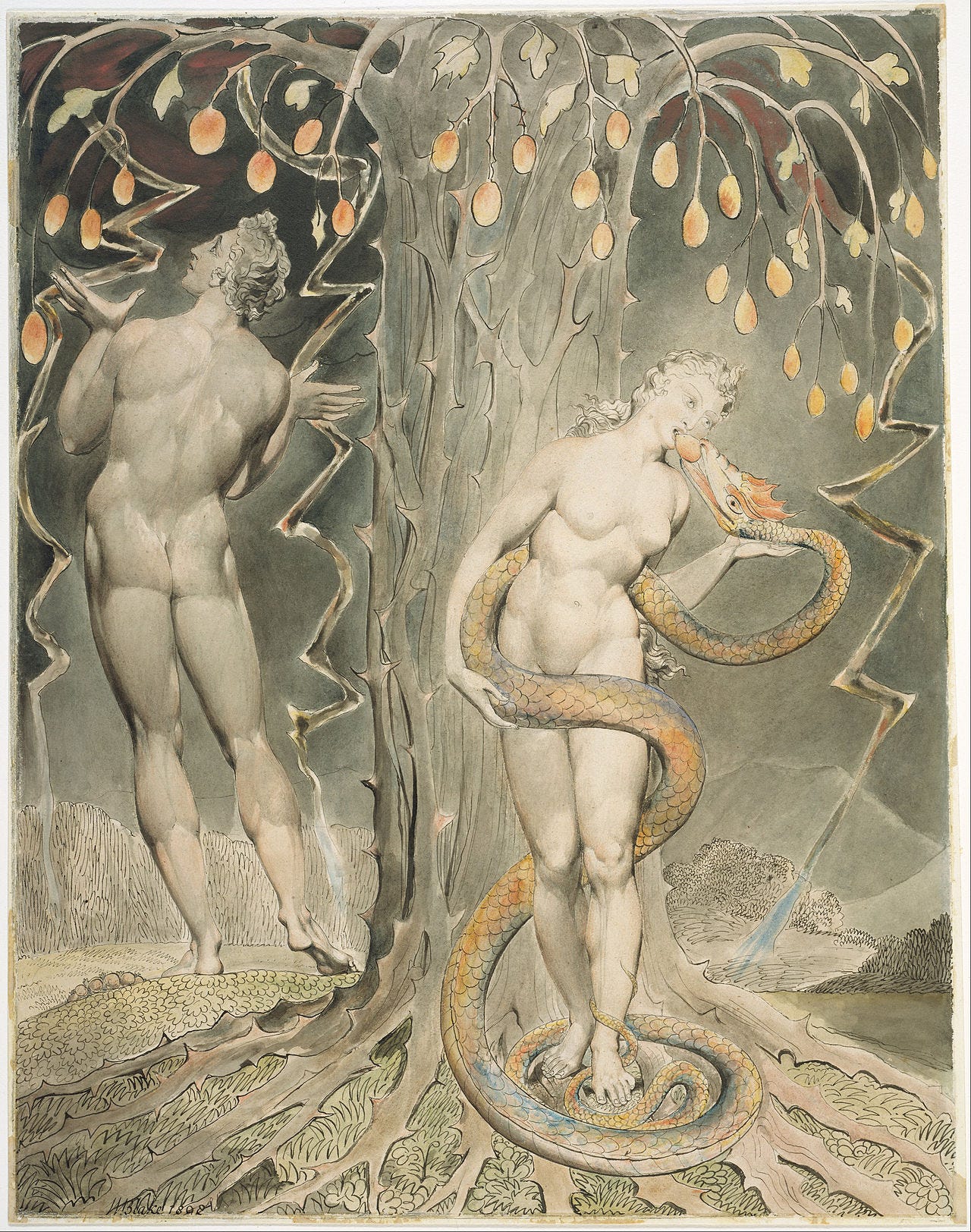Who do you want to be?
Written for Covenant, blog of The Living Church, January 25, 2016

Politicians — at least the ones running for president — love theme campaign songs. I don’t know if it’s because they believe they’re a quick way to get a crowd fired up, or if it makes them feel like superheros or professional wrestlers. Whatever the reason, they like playing them when they come out to speak. Sometimes they get in trouble for using songs without permission, especially if their political views don’t align with those of the artist.
Sometimes, the songs politicians pick may reveal something about their personality or their values. A politician who chose the Avett Brother’s song “Ill with want” as their theme would likely get my vote.
The Avetts are one of my favorite bands, hailing from my home state of North Carolina. The guys from Concord have been getting some attention for the past few years, but for a while they labored on while being outshone in the public eye by some of the bands they’d influenced, like Mumford and Sons. The Avetts were raised in a church going family and occasionally still sing gospel songs with their dad and other family members at their concerts or at festivals like Merlefest.
Their lyrics are often evocative, and where some bands and musicians make their case on lyrics that do their best to avoid particularity, the Avetts seem to thrive on it. Rather than speaking about a sort of generalized human experience, their songs convey a sense of solidarity through the shared experiences of specific places, relationships, and events.
Advertisement
Perhaps surprisingly, it sometimes seems they’re channeling Augustine through Americana music. Some of these semi-Augustinian ideas emerge precisely at the moments that the Avetts wrestle with the assumptions of American life, precisely where our politics need challenging.
In “Down with the Shine” they sing:
There’s nothing good because nothing lasts
And all that comes here, it comes here to pass
I would voice my pain but the change wouldn’t last
All that comes, it comes here to pass.
Such lyrics relativize the pursuit of possessions, and even achievement. Their song “Head full of doubt, Road full of promise” includes a verse that could be seen as a critique of partisanship itself, as well as the idea that somehow something outside of ourselves can provide our identity — a totem, to use Walker Percy’s analogy from Lost in the Cosmos — such as a favorite team or a favored political candidate or party:
When nothing is owed or deserved or expected
And your life doesn’t change by the man that’s elected
If you’re loved by someone, you’re never rejected
Decide what to be and go be it.
Nowhere, however, is their invocation of the Augustinian spirit more noticeable than in “Ill with want” from their album I and Love and You. I have written about aspects of this song before, but I want to explore it more deeply here. I’ve chosen “Ill with want” because I think it represents the most lengthy and sustained example of a helpful critique of the consumerism — the “affluenza” — of our culture.
Beginning with the first verse, the song pushes back against a number of assumptions held closely by American society:
I am sick with wanting and it’s evil and it’s daunting
How I let everything I cherish lay to waste
I am lost in greed this time it’s definitely me
I point fingers but there’s no one there to blame.


